If you’re lucky enough to have some spare cash, you may be wondering how best to use it.
Buy a lottery ticket? Treat your friends to a round of drinks? Splash out on some new clothes? Well, you could if you like, but we’re talking quite a bit of extra cash. Like, hundreds or thousands of pounds.
Topping up your savings is a great idea, but say you’ve already got a healthy amount stashed away. Note: we suggest squirrelling away three to six months of living expenses in an easy-access account “just in case” any unexpected costs come along.
Paying off debts, like credit cards or loans, also makes good financial sense. But you’ve done a stock-take of your finances, and found that nope, there are no expensive bills to pay or debts lurking around.
So, what to do with this extra cash swishing around your bank account? Well, two popular options that often have the biggest impact on your financial health are to invest the money, or use it to overpay your mortgage.
Benefits of overpaying your mortgage
If you have a mortgage, overpaying means you can reduce the amount of interest and clear your debt faster.
Say you borrowed £250,000 over the course of a 25-year mortgage. If the interest rate was 3%, you would pay £1,186 a month.
But if you paid an extra £200 a month, you’d save £22,812 in interest and reduce your mortgage term by five years.
So, you’d be mortgage-free (hooray!) in 20 years’ time. And save more than £20k in interest.
What about a higher interest rate? The average mortgage rates are around 5% at the moment. So, if you had that same £250,000 mortgage, but a 5% interest rate, overpaying by £200 a month means you’d save a whopping £44,427 in interest and reduce your mortgage term by six years!
Overpaying your mortgage, if you have sufficient money to do so, can give your finances a boost in four ways:
1. You become mortgage-free quicker.
2. You save money on interest.
3. Your money usually works harder compared to keeping it in a savings account.
4. It may help when you remortgage, as reducing the loan-to-value (or LTV, that’s the amount of loan you have versus how much the property costs) could get you a cheaper mortgage rate.
Let’s unpack point number 3 a bit. Whether you will generate more interest by keeping the spare cash in a savings account versus save more interest by overpaying your mortgage depends on the interest rates involved.
Say you have a £150,000 mortgage with a 5% interest rate. And you’ve got a savings account that pays 4.5%. If you overpaid the mortgage by £100 a month you would save a total of £23,200 – and pay off the debt four and half years quicker.
In contrast, if you paid £100 a month into the savings account (and stop as soon as the mortgage is paid off), you’d have £15,423.
So, in that scenario overpaying the mortgage is more powerful as you’d save more money.
Generally speaking, if your mortgage rate is around the same, or higher, than your savings rate, then it makes sense to overpay.
Do check with your mortgage lender first. Most allow you to pay up to 10% of your balance as an overpayment each year. Pay too much and you could be hit with a fee.
Benefits of investing
Mortgage rates tend to be higher than savings rates, so for most people, overpaying the mortgage will be a smarter option than keeping the money in a savings account.
But, what about investing? Investing your money can give you a higher return than saving it. In fact, investing is one of the best ways to grow your money and outpace inflation.
Again, it’s a question of percentages. If you invested and managed to get a 5% return, this would have been better than overpaying a mortgage with a lower rate of say 3%.
However, mortgage rates are currently fairly high. Beating a 5% mortgage rate by investing is more difficult.
You also need to think about risk. There are no guarantees with investing: your money can go up as well as down. Investing is for the long term, so you need to be comfortable leaving it for at least three to five years.
Maybe you’ll get an average 6% annual return from investing – but markets could be wobbly and your profits could be lower.
Overpaying my mortgage versus investing: which is right for me?
The decision to overpay a mortgage or invest depends on the mortgage rate, and your circumstances.
Someone close to retirement may want to pay off their mortgage quickly to free up cash for other living expenses. But someone in their 20s might want to invest and take advantage of time in the markets.
Depending on how much spare cash you have, an ideal solution could be to do both.
I&O (that’s short for “invest and overpay”) has the power to boost your financial resilience, helping you save money and become mortgage-free quicker – while also building an inflation-busting nest egg and growing your wealth.
*With investing your capital is at risk. Your investments may go down as well as up, and you may get back less than the amount you invested.

